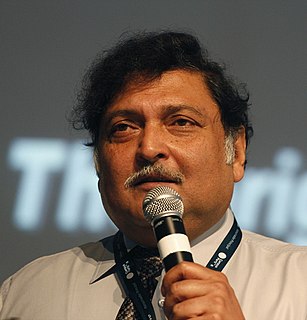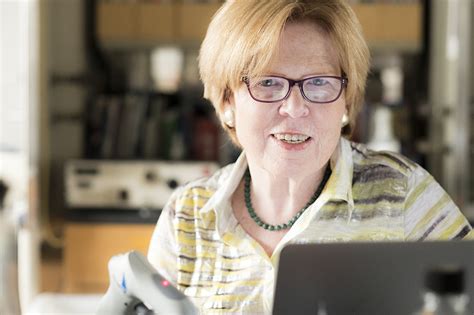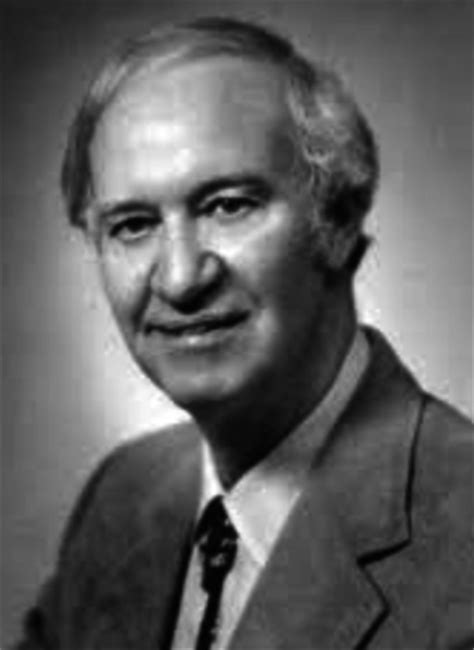A Quote by Jeff Dean
Supervised learning works so well when you have the right data set, but ultimately unsupervised learning is going to be a really important component in building really intelligent systems - if you look at how humans learn, it's almost entirely unsupervised.
Related Quotes
There is first the problem of acquiring content, which is learning. There is another problem of acquiring learning skills, which is not merely learning, but learning to learn, not velocity, but acceleration. Learning to learn is one of the great inventions of living things. It is tremendously important. It makes evolution, biological as well as social, go faster. And it involves the development of the individual.
I'm also really fulfilled by having a production company and producing movies, and learning about how that works and happens. It's a totally, entirely separate skill set and it's one that I happen to also enjoy. So, I intend to cultivate all of those things until I can't anymore. That's my goal. I love to be challenged and busy, and so far, so good. I'm just going to do whatever I can to continue to encourage that.
In 'Chappie,' you see this sort of young robot that's learning through maybe 'deep learning' how to see the world really, look out into the world, and learn step by step. What's so interesting is that with 'Chappie,' you're getting to see how human behavior reacts to artificial intelligence, and I don't think it's always going to be positive.
The biggest thing is to give it back. You want to leave the game in a better situation than you came in with it. That's really important to me, especially being an avid reader and just learning about how to build businesses, learning how to make the most of the business you're in, the ins and outs of the relationships that you build as well.
We will learn no matter what! Learning is as natural as rest or play. With or without books, inspiring trainers or classrooms, we will manage to learn. Educators can, however, make a difference in what people learn and how well they learn it. If we know why we are learning and if the reason fits our needs as we perceive them, we will learn quickly and deeply.


































